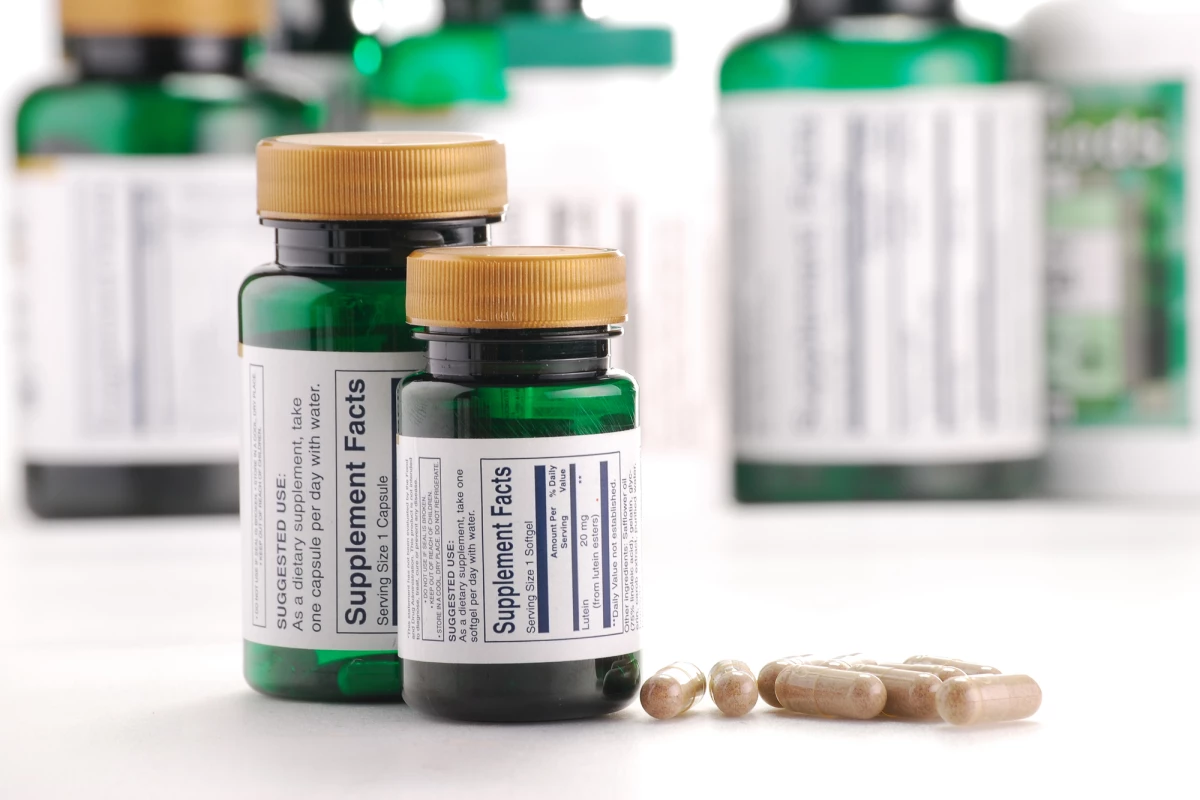A striking new study testing a number of over-the-counter weight loss and sports supplements has found they contain many combinations of stimulants that have either previously been prohibited by the FDA or never approved for human consumption.
The new research was led by Pieter Cohen, an associate professor at Harvard Medical School, who has been studying dangerous stimulants added to commercially available dietary supplements for several years. This new study initially focused on several brands of dietary supplements containing a stimulant called deterenol.
When the US Food and Drug Administration (FDA) banned the addition of ephedra alkaloids in dietary supplements around 15 years ago, many companies simply replaced that stimulant with alternative chemicals. Deterenol is one stimulant often used as a replacement despite the FDA not permitting its use in dietary supplements.
Cohen and his colleagues could find only one study into the effects of oral deterenol in humans, and that was from 1949. No research exists on the safety of orally administering this compound. In fact, a Dutch study from 2013 found a combination of deterenol and other stimulants in a commercially available dietary supplement could be associated with nausea, vomiting and heart attack.
Seventeen supplements were analyzed in the new study. All listed either deterenol or one of its synonyms (isopropylnorsynephrine and isopropyloctopamine) on the label of ingredients. Thirteen of those supplements were confirmed to contain deterenol, but more worryingly another eight experimental stimulants were also detected in various combinations in the majority of brands tested.
Phenpromethamine was detected in four of the 17 supplements analyzed. This particular stimulant was first developed in the early 1940s as a nasal inhaler decongestant called Vonedrine. The nasal inhaler was withdrawn from sale in the 1960s and the FDA withdrew Vonadrine’s market approval in 1971. There is little to no efficacy or safety data on phenpromethamine and it has never been approved for oral use anywhere in the world.
Even more striking were seven other stimulants found in various combinations in the supplements. None of these compounds have been approved for human consumption and the researchers subsequently have classified them as experimental stimulants. They are beta-methylphenylethylamine, oxilofrine, 1 3-dimethylbutylamine, 1 3-dimethylamylamine, 1 4-dimethylamylamine, octodrine and higenamine.
All seven of those stimulants have previously been targeted by the FDA as part of product seizures and warning notices. So the question is obvious, why are there so many dietary supplements on the market that contain experimental or prohibited stimulants? The researchers behind this new study suggest the FDA has failed in protecting American consumers.
“In the US, the FDA is responsible for removing adulterated supplements from the marketplace,” the researchers write in the new study. “The agency, however, does not always act accordingly. The FDA, for example, failed to recall more than half of 746 brands of supplements found to be adulterated with drugs. In another case, the FDA did not warn consumers after the agency’s scientists discovered a novel stimulant in sports and weight loss supplements. Our study provides further evidence that the FDA may fail to act even when the agency’s own scientists identify adulterated supplements, as appears to be the case for deterenol.”
One prior study led by Cohen and his colleagues found companies may simply be ignoring FDA recall notices. The study found two-thirds of analyzed supplements still contained a prohibited chemical over four years after a FDA recall.
Another problem is the unique regulatory criteria for dietary supplements. The Dietary Supplement Health and Education Act (DSHEA) says compounds used in dietary supplements do not need demonstrate any safety or efficacy requirements before market. In fact, for the FDA to remove a dietary supplement from the market it needs to prove that supplement is unsafe.
An editorial from former FDA Commissioner David Kessler published in the New England Journal of Medicine in 2000 was scathing of the DSHEA, suggesting this 1994 Act essentially deregulated the entire industry and created a dangerous multi-billion-dollar market.
“The 1994 Dietary Supplement Act does not require that dietary supplements (defined broadly to include many substances, such as herbs and amino acids, that have no nutritive value) be shown to be safe or effective before they are marketed,” wrote Kessler. “The FDA does not scrutinize a dietary supplement before it enters the marketplace. The agency is permitted to restrict a substance if it poses a “significant and unreasonable risk” under the conditions of use on the label or as commonly consumed.”
In light of the FDA’s apparent inability to control what goes into these weight loss and exercise supplements, Cohen recommends consumers and clinicians be on the look out for any adverse effects. Especially as many of these compounds are unlabeled.
“We’re urging clinicians to remain alert to the possibility that patients may be inadvertently exposed to experimental stimulants when consuming weight loss and sports supplements,” says Cohen. “We’re talking about active pharmaceutical stimulants that have not been approved by the U.S. FDA for oral use as either prescription medications or dietary supplements. These ingredients have no place in dietary supplements.”
The new study was published in the journal Clinical Toxicology.
Source: NSF




